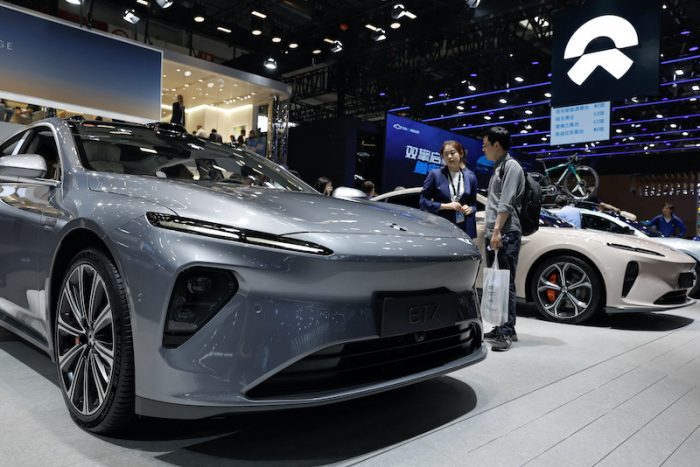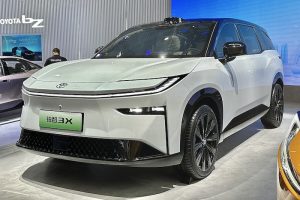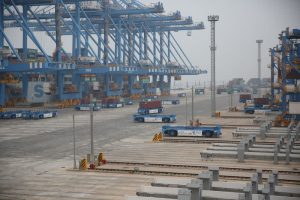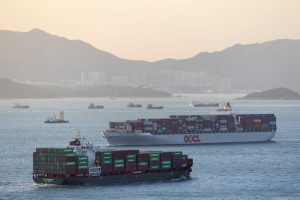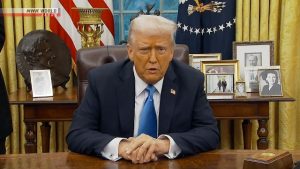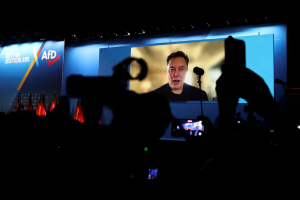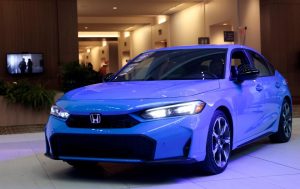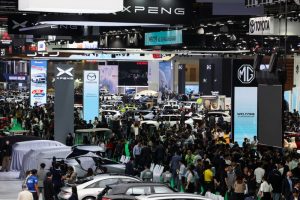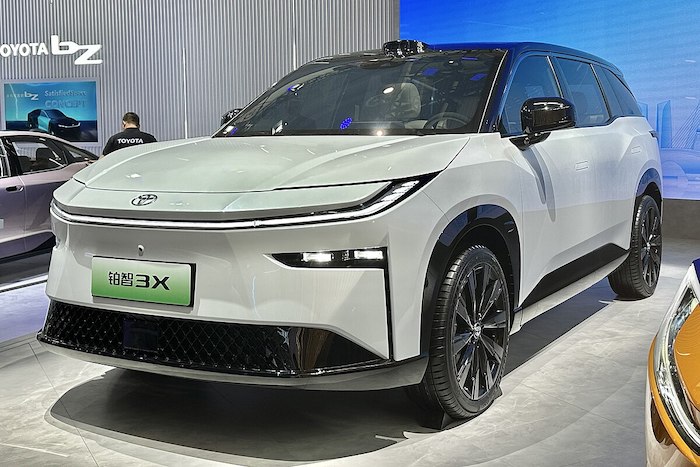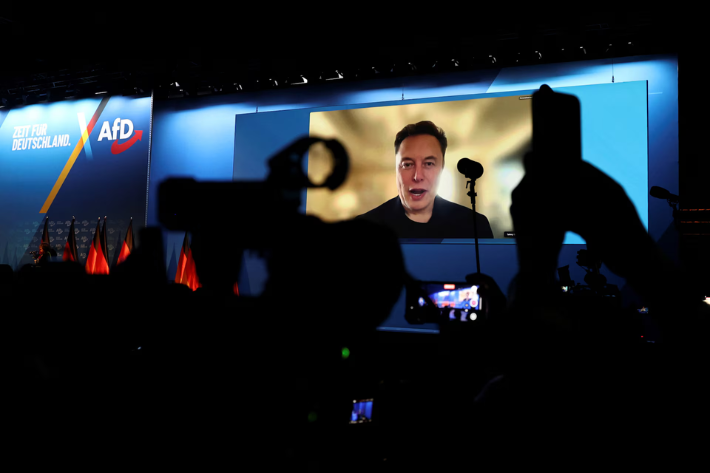Tesla, BYD and two more of China’s top makers of electric vehicles have continued their sales incentives at the start of 2024.
That means the brutal price war in the world’s largest auto market has extended to a third year.
Li Auto announced cash subsidies of 15,000 yuan ($2,055) per car purchase on Thursday, as well as a three-year zero-interest financing scheme, while Nio launched a similar zero-interest loan plan for its Nio- and Onvo-branded EV buyers on Wednesday.
ALSO SEE: 2024 Was China’s Warmest Year Since 1961, Shanghai Roasted
The incentives are intended to encourage purchases before the government subsidy schemes for the new year start.
More than 5.2 million cars sold as of mid-December had benefitted from Chinese government subsidies.
State subsidy also seen boosting sales
A government subsidy of 20,000 yuan helped EV assemblers achieved record sales in December, according to a report by the South China Morning Post on Thursday.
BYD sold 514,809 cars last month, it said, “while Nio, Xpeng, Li Auto and Leapomotor also reported significant increases.”
Analysts had tipped a 38% rise in 2024 EV sales, despite potential cuts to subsidies, but “fierce competition among 50 major manufacturers” had spurred price reductions, the Post said.
“Currently, only three EV makers are profitable amid concerns of overcapacity, as the industry can produce 20.2 million units annually, while estimated sales for 2024 are around 10.68 million.”
China has signalled an extension of consumer goods trade-ins in 2025, but specifics for the policy implementation nationwide remain unclear.
Nanjing, the capital city of eastern China’s Jiangsu province, said earlier this week it would continue to provide subsidies of up to 4,000 yuan per car purchase this year.
Chinese authorities have agreed to issue 3 trillion yuan worth of special treasury bonds this year, as Beijing ramps up fiscal stimulus to revive a faltering economy partly via subsidy programmes.
BYD and Tesla offering discounts
Local EV champion BYD, which could have outsold Ford and Honda globally in 2024, has been offering discounts of up to 11.5% on two models – one hybrid and one EV – since December.
Tesla, which sparked the price war last year, has extended a 10,000 yuan discount on outstanding loans for its best-selling Model Y in China until the end of this month.
Sales of EVs and plug-in hybrids, known collectively as new energy vehicles (NEVs) in China, surpassed 10 million units last year, thanks to government subsidised trade-ins of up to 20,000 yuan apiece for NEVs.
Nonetheless, autos-related retail sales contracted by 0.7% year-on-year in the first 11 months, versus a 3.5% increase in China’s total retail sales, official data showed, pointing to the impact of price cuts.
- Reuters with additional input and editing by Jim Pollard
NOTE: Four paragraphs were added to the text of this report on January 2, 2034.
ALSO SEE:
Chinese Battery Giant CATL Planning to List in Hong Kong
Chinese EV Firms Find a Way Around EU Tariffs – Selling Hybrids
All-Time-High EV Sales in China Defy Slowdown Worry
New US Probe Announced Into China’s Legacy Chips
Can Donald Trump Save TikTok From a Ban in the US?
Congress to Vote on New Curbs on US Investment in China
Trump Planning to Clamp Down on Chinese EV Supply Chains
China ‘Keen For Talks on Trade Deal to Reduce Tariffs Threat’
China Seen Taking on More Debt to Counter Trump Tariffs
China Central Bank ‘to Allow a Weaker Yuan’ as Trade Risk
Chinese Media to Trump: ‘There Are No Winners in Tariff Wars’
BYD, Li Auto, XPeng Sell Record Numbers of EVs in September




